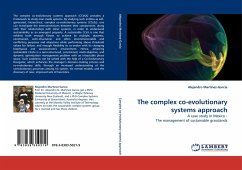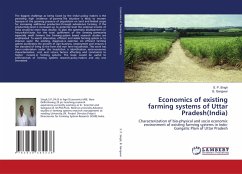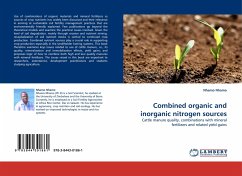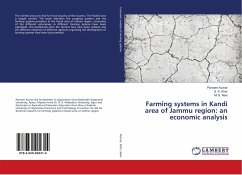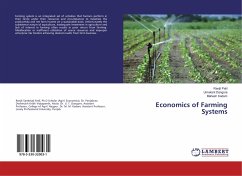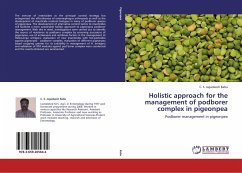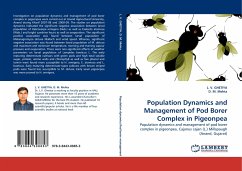The complex co-evolutionary systems approach (CCeSA) provides a framework to study man-made systems. By studying such entities as self-generated, hierarchical, complex co-evolutionary systems (CCeSs), one can investigate the interconnections between their components, along with their relationships with other systems, in order to understand sustainability as an emergent property. A sustainable CCeS is one that exhibits both enough fitness to achieve its multiple, dynamic, constrained, semi-structured, and often incommensurable and conflicting purposes and objectives while performing above threshold values for failure, and enough flexibility to co-evolve with its changing biophysical and socioeconomic environment. Hence, achieving sustainable CCeSs is a semi-structured, constrained, multi-objective, and dynamic optimization management problem with an intractable phase space. Such problems can be solved with the help of a Co-Evolutionary Navigator, which enhances the manager's decision-making process and co-evolutionary skills, through an increased understanding of the coevolutionary processes among his system, his mental models, and the discovery of new, improved sets of heuristics.
Bitte wählen Sie Ihr Anliegen aus.
Rechnungen
Retourenschein anfordern
Bestellstatus
Storno

